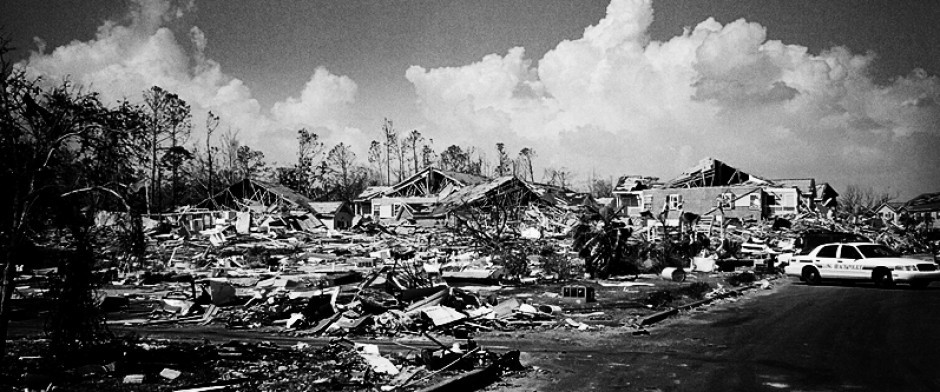
As the worst drought in living memory persists in California, more evidence has arisen supporting my previously published theory on earthquakes from December 2013 http://www.lastminutesurvival.com/2013/12/17/earthquakes-on-the-rise-in-oklahoma-a-new-theory-to-explain-seismic-activity-in-areas-once-considered-geologically-stable/
Specifically, scientists are now beginning to bandwagon on the idea that as aquifers are drawn down, the earth will simultaneously sink and rebound causing quakes. I outlined this theory as a probable mechanism to explain why quakes in areas such as Charlottesville, Virginia and Oklahoma City, Oklahoma, where quakes were very rare, were suddenly occurring. I was able to conclude that there was a close correlation to quake activity in regions centered over confined, lake-like aquifers that have been heavily drawn down in recent years. Both Oklahoma City and Charlottesville have seen significant population increases over the last decade and have significantly drawn down their aquifers, which I believe has resulted in the occurrence of earthquakes. This conclusion better explains what I believe is a generally flawed belief that hydraulic fracking has caused quakes, specifically around Oklahoma. I dismissed fracking in my theory because the occurrence of quakes simply did not correspond well with high fracking activity. For example, if quakes were caused by fracking alone, then West Virginia and Pennsylvania should be experiencing a large number of quakes. This is not the case and when accounting for naturally occurring fault lines and other “known” causes of quakes, one must conclude that something other than fracking is at work. As stated, I have theorized that aquifer depletion is at the root of this quake activity and have been publishing on it since before the mainstream scientific community even considered the possibility.
The “so what” factor for our readers is apparent when it comes to my quake activity theory. If you live in an area that draws on a confined aquifer and has a high population density, preparing for earthquake activity would be smart. As the drought in the South West persists, demand on ground water resources will continue to grow. The increased demand will unleash a number of small quakes that may or may not be capable of damaging homes and infrastructure. What is not known is if these quakes could disturb the stability of the ground so much that the aquifer reductions could trigger secondary and much larger quakes along known fault lines. I theorize that in the event an isolated aquifer is heavily drawn down and is collocated with a known fault, it could indeed trigger much larger and unpredicted quakes than previously thought possible. Now don’t say you didn’t see it coming!
By Guiles Hendrik
August 13, 2014
All rights reserved.
For more:
http://www.takepart.com/article/2014/08/04/california-drought-may-cause-earthquakes


